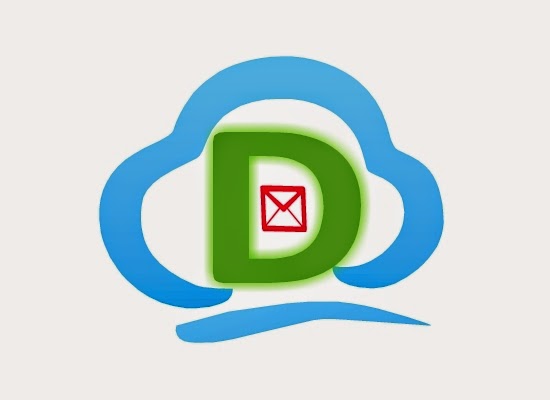Google Launches Telemedicine Beta for Video Chats With Docs
A new feature Google is testing allows people looking for medical advice to also connect with a physician for an online consult.
Google is running a temporary trial of a new feature that
allows people looking for medical advice to also connect with a
physician for an online consult.
The feature, part of the Google+ Helpouts online collaboration video service that launched a year ago, allows healthcare workers to share expertise through live video and provide real-time advice from their computers or mobile devices.
"When you're searching for basic health information -- from conditions like insomnia or food poisoning -- our goal is provide you with the most helpful information available. We're trying this new feature to see if it's useful to people," a Google spokesperson said in an email response to Computerworld.
The new Helpouts feature offers a link to a video service that a physician or other healthcare worker has established for advising patients who've used a particular search query, such as "congestive heart failure" or "shoulder injury."
Video chat services and other forms of remote communications with healthcare workers have increased 400 percent from 2012 levels.
This year in the U.S. and Canada, 75 million out of 600 million appointments with general practitioners will involve electronic visits, or eVisits, according to new research from Deloitte.
With an aging Baby Boomer population and broadband bandwidth improved a hundredfold from a decade ago, telemedicine is exploding as a convenient and less costly alternative to the traditional visit to the doctors' office.
For example, last November, The University of Pittsburgh Medical Center (UPMC) revamped its patient portal, renaming it MyUPMC, and rolling out AnywhereCare, offering patients throughout Pennsylvania eVisits with doctors 24 hours a day, seven days a week either over the phone or through video conferencing.
UPMC, an US$11 billion health care provider and insurer with 21 hospitals and more than 400 outpatient sites, said its AnywhereCare service has an 80 percent satisfaction rating.
Patients love the convenience and speed of remote care, according to Natasa Sokolovich, executive director of telemedicine at UPMC.
The feature, part of the Google+ Helpouts online collaboration video service that launched a year ago, allows healthcare workers to share expertise through live video and provide real-time advice from their computers or mobile devices.
"When you're searching for basic health information -- from conditions like insomnia or food poisoning -- our goal is provide you with the most helpful information available. We're trying this new feature to see if it's useful to people," a Google spokesperson said in an email response to Computerworld.
The new Helpouts feature offers a link to a video service that a physician or other healthcare worker has established for advising patients who've used a particular search query, such as "congestive heart failure" or "shoulder injury."
Video chat services and other forms of remote communications with healthcare workers have increased 400 percent from 2012 levels.
This year in the U.S. and Canada, 75 million out of 600 million appointments with general practitioners will involve electronic visits, or eVisits, according to new research from Deloitte.
With an aging Baby Boomer population and broadband bandwidth improved a hundredfold from a decade ago, telemedicine is exploding as a convenient and less costly alternative to the traditional visit to the doctors' office.
For example, last November, The University of Pittsburgh Medical Center (UPMC) revamped its patient portal, renaming it MyUPMC, and rolling out AnywhereCare, offering patients throughout Pennsylvania eVisits with doctors 24 hours a day, seven days a week either over the phone or through video conferencing.
UPMC, an US$11 billion health care provider and insurer with 21 hospitals and more than 400 outpatient sites, said its AnywhereCare service has an 80 percent satisfaction rating.
Patients love the convenience and speed of remote care, according to Natasa Sokolovich, executive director of telemedicine at UPMC.

Comments
Post a Comment